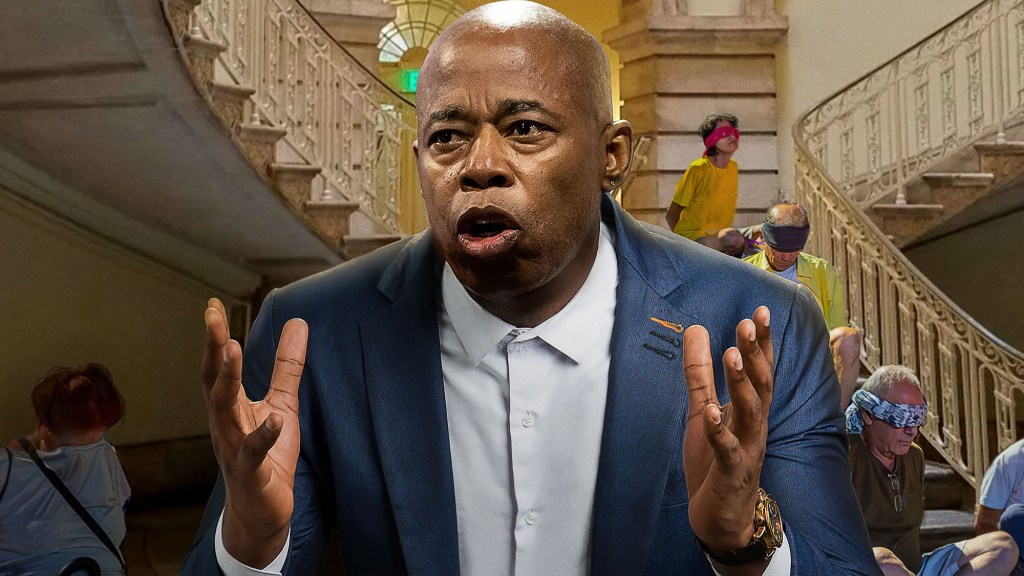And Then Twice A Week For Next Four Years

WASHINGTON—With the dramatic, across-the-board sequestration scheduled to occur this week, the nation’s leading economists have warned that President Obama and Congress must come to a compromise on the budget by Mar. 1, and then again by Apr. 1, and then Apr. 20, Apr. 28, and—after Congress is once again unable to come to a comprehensive agreement to fully stabilize the economy—May 1, along with agreements twice a week, every week, for the next four years.
Experts say that without reaching a deal this Friday, the automatic $85 billion reduction in government spending will immediately slow the U.S. economy and impact thousands of middle-class citizens. Officials said the same exact thing will happen next month, the month after that, and the month after that if Obama and Congress fail to meet deadlines created by the preceding, incomplete deals.
“If the president and Congress are unable to reach a grand bargain by Mar. 1, what they will likely do is reach a set of 100 or so smaller bargains, all with their own deadlines, and all of which could potentially plunge the U.S. economy into a recession,” said Princeton economics professor Marshall Kahn. “So, the Mar. 1 deadline is absolutely crucial. Just like the one next month will be. And the 12 deadlines in May. And the bi-daily deadlines that will kick in during the summer.”
“Based on the way the president and Congress deal with one another,” Kahn added, “in 2014, there will need to be 4,562 budget deals.”
According to leading economists, should negotiations between Obama and lawmakers stall this week, Congress could vote on a resolution to extend the current deadline to May 1, which would likely cause vital cuts to public programs, and also combine the projected negotiations scheduled for May 30, June 4, June 5, July 8, 2014, and Mar. 12, 2042 into one seven-day-long meeting.
Other experts noted that even in the event of a deal, a clause in the Budget Control Act would inevitably lead to a total of 64 additional meetings between June and July, as well as a potential deadline creation deadline that would automatically kick in on Oct. 4 and would create 20 more deadlines that must be agreed upon by a Nov. 5 deadline.
“The fact is, lawmakers will need to deal with the scheduled automatic tax increases, which Republicans will challenge by calling for cuts to education and health programs like Medicare and Medicaid,” Wall Street Journal analyst Will Case said. “All of this will require 12 straight years of intense talks.”
“And then 15 more years of talks if they are unable to come to some sort of compromise,” Case added. “I don’t see an agreement happening at all before the final Sept. 4, 2342 deadline.”
In a statement to reporters today, Obama stressed the importance of Republicans and Democrats remaining willing to work together throughout the next crucial 70,844 days.
“In order to avoid a drastic loss of many hardworking teachers, police officers, and hospital workers, we all need to go into Wednesday’s 378 meetings recognizing the strength of working together,” Obama said. “Whether we’re meeting tomorrow or three weeks from today or right this very second, which we are—this statement is actually part of a budget meeting I’m having—we need to go in with this spirit of compromise.”
At press time, talks between Obama and House majority leader John Boehner had broken down and the Dow Jones Industrial Average had dropped 13,000 points.







